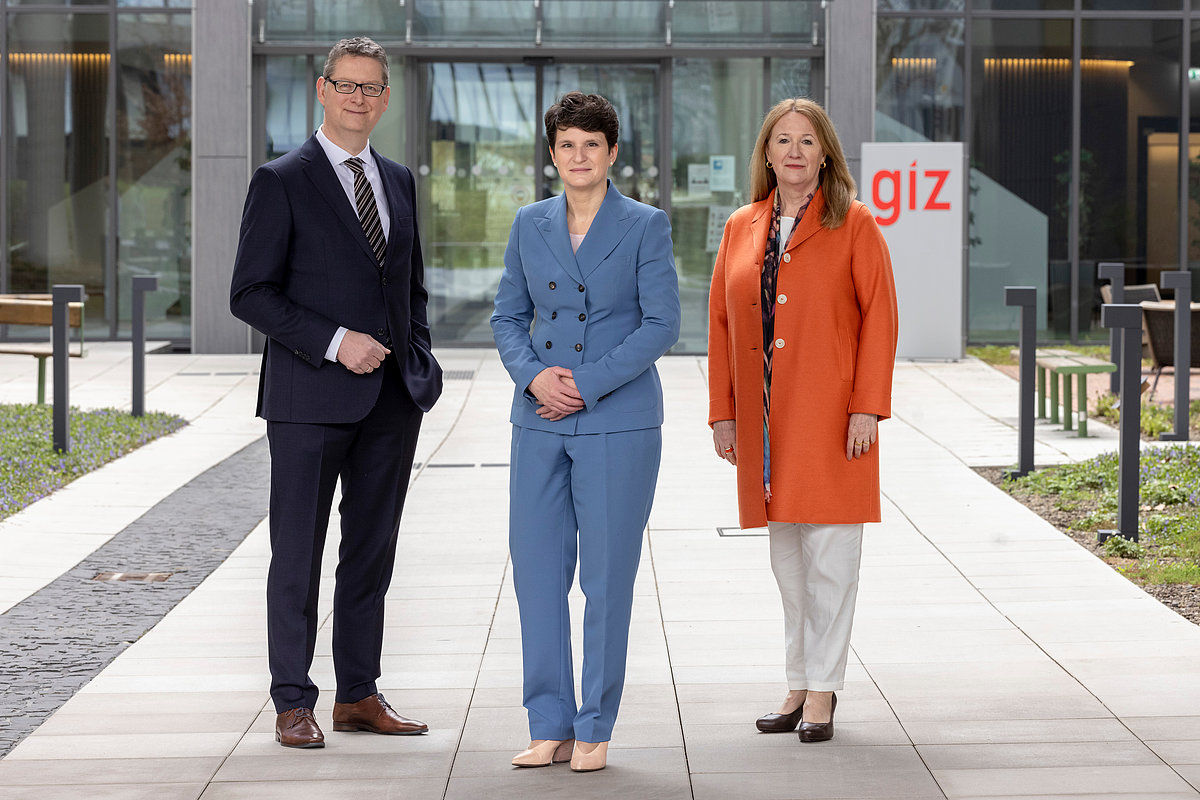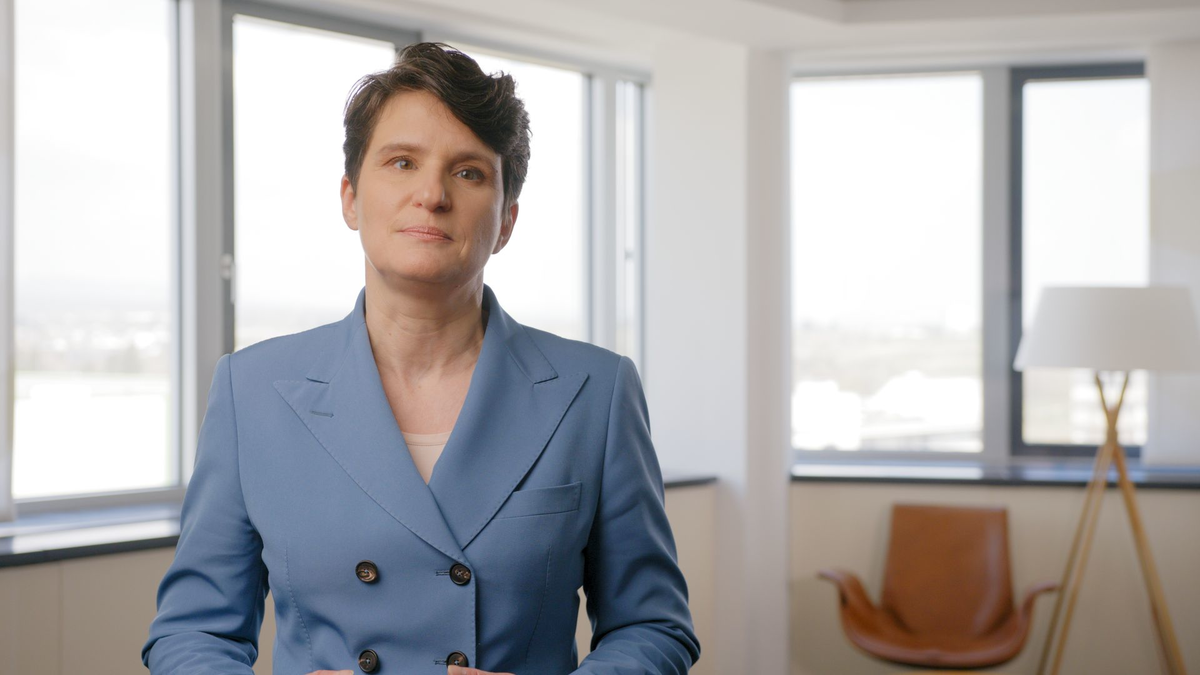As we emerge from the crisis, we can dare to set a new, bold course towards achieving sustainability, resilience and climate neutrality.
Dear readers,
The last year has demonstrated conclusively just how important it is to point our planet in the right direction for the future. We depend on nature and the environment. That is not a new realisation – but the COVID-19 pandemic has given it a new, almost painful relevance. Zoonoses like COVID-19 make it clear that a harmonious balance between humans, animals and the environment is imperative. Currently, however, we are seeing the reverse – a planet in imbalance facing an unprecedented environmental and climate crisis. We need to take decisive action to address this imbalance and actively shape change, and in this we must act together as an international community, as a global society and as individuals.
Change is something positive. It can release energy, foster innovation, and create space for something new. We want a future worth living for everyone, wherever they are in the world. And for that we need cooperation at many levels. Multilateral and bilateral approaches must dovetail, supplement one another and be mutually reinforcing. This is the only way to tackle the consequences of the pandemic, the impact of which is greatest in the countries in which GIZ works – developing countries and emerging economies. The European community of states has been a good role model over the last year, with its Team Europe approach. All EU institutions, the member states and their implementing organisations, including GIZ and various development banks, have joined forces. Together they have organised emergency aid for the partner countries that have been worst hit by COVID-19.
Strengthening resilience and promoting green recovery
But it is not enough to fight the worst consequences of the crisis urgently on an ad hoc basis, however important that might be for the affected individuals and societies. Long-term strategies are needed, as well as development that is designed to be durable and sustainable. Only then will the changes be lasting. We have the roadmap – the Sustainable Development Goals set out in the 2030 Agenda for Sustainable Development show us the way. And that is why we must pursue the SDGs with even greater courage and tenacity. They have never been so relevant as they are today – because COVID-19 has taught us that we need more than short-term solutions for nation states.
Existing global inequalities have worsened during the pandemic, making it all the more important to drive forward what was already needed before the crisis, but was not addressed with sufficient enthusiasm: socially equitable, environmentally and climate-friendly economic and social orders. That is why we are committed to ensuring a ‘green recovery’ with our partners and commissioning parties. Only then can we create lasting solutions and build the global resilience we need to master future crises. Withstanding these crises requires systems to be both robust and resilient. Alongside consistent climate action and environmental protection, this will include good governance, strong social welfare and health systems, access to essential services and equal opportunities – and this goes to the heart of the work of GIZ. As we emerge from the crisis, we can dare to set a new, bold course towards achieving sustainability, resilience and climate neutrality.
Long-term plans and actions – including within the company
GIZ as a company also sets long-term objectives, which leave us adequate scope to take the action required in every given situation. In 2020, we began implementing our new Corporate Strategy, and thus set the right course. The strategy ensures that we can deliver our services in our usual reliable manner, even in uncertain times. We will continue to refine our processes, structures and services in 2021, and will invest further in our expertise. Ultimately, the essential factor is always the sustainable results that we want to achieve. Sustainability is both an integral part of our corporate direction and an objective in every single project. 2020 saw us once again renew our commitment to the Ten Principles of the UN Global Compact.
None of this would be possible without the dedicated GIZ staff, who I and my fellow managing directors would like to thank most warmly at this juncture. In spite of massive restrictions, and in the face of higher risks during the pandemic, their achievements have been remarkable. Almost 25,000 staff members, development workers, and integrated and returning experts – including almost 16,000 national staff – have worked in over 120 nations around the globe to achieve GIZ’s objectives, and have remained in partner countries out of conviction. Work for and with individuals is what sets GIZ apart, and much of what we do simply cannot be transferred online. It needs to be performed directly on the ground in our partner countries. There can be no doubt that this requires effort, but it also demonstrates that our model of working together has proved to be stable and successful worldwide.
We would also like to say a special thank you to our commissioning parties, local partners and our Shareholder. In a sign of the trust that is placed in us, GIZ’s business volume rose again in 2020, to a total of EUR 3.3 billion. The related commissions are instrumental in ensuring a future worth living around the world. That is our declared goal and that is what we will continue to work for with confidence.
We hope you enjoy reading this report. Join us as we take a look at some examples of our work, which demonstrate two things above all else – stability and change.
| Chair of the Management Board |
Information on the following Sustainable Development Goals (SDGs) can be found on this page:


